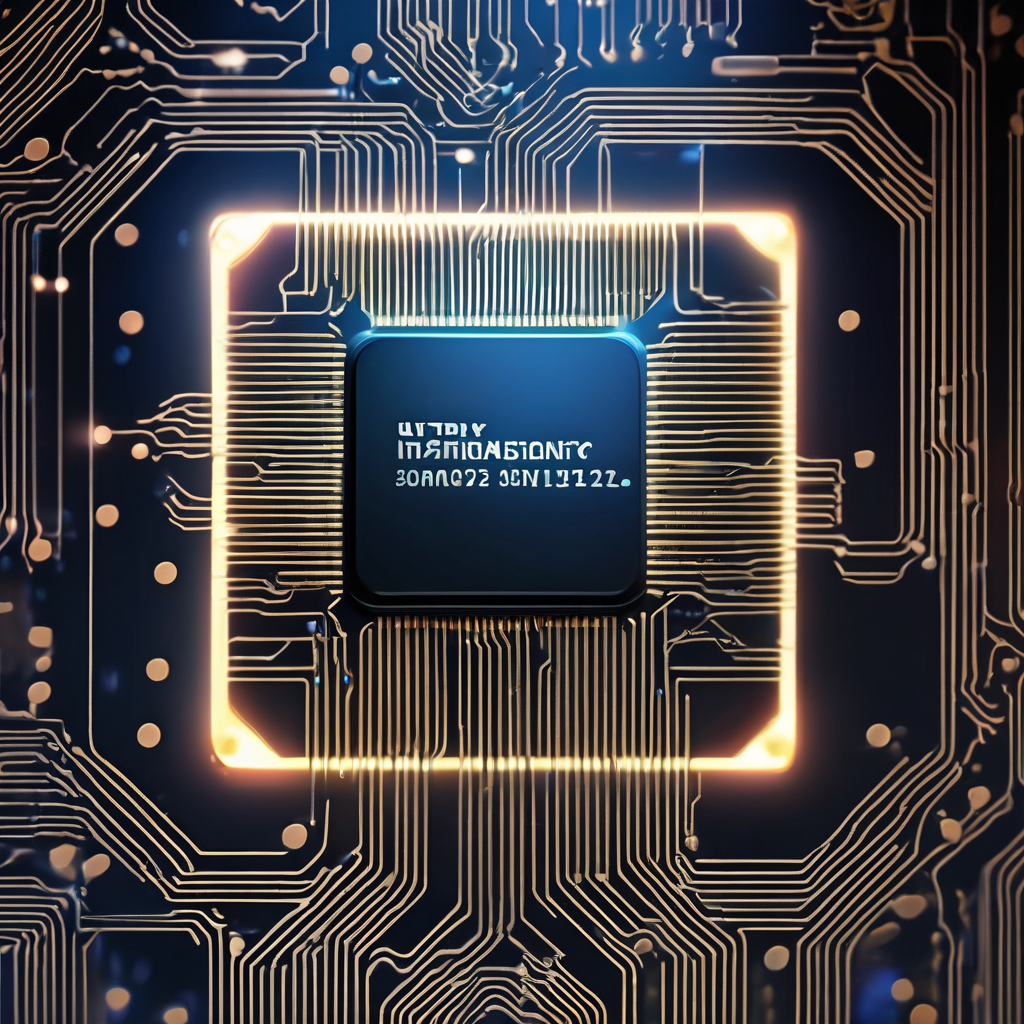
The Saudi government is significantly boosting Hollywood-focused AI by leading a $900 million funding round for San Francisco-based Luma AI, a company developing models for entertainment applications. Humain, an AI firm backed by Saudi’s Public Investment Fund (PIF), will be the primary investor alongside VCs like Andreessen Horowitz, Amplify Partners, and Matrix Partners. Although Humain’s exact stake remains undisclosed, insiders describe it as substantial. This investment dramatically increases Luma’s funding, which previously totaled around $70 million from backers like AWS, Andreessen Horowitz, and Nvidia. Through this deal, Luma gains access to expansive Saudi data centers aimed at delivering 2 gigawatts of computational power—comparable to the Hoover Dam's maximum output—and will establish an office in Riyadh. Luma CEO Amit Jain highlighted Saudi Arabia’s unmatched compute capacity, noting it enables groundbreaking projects. The funding will support “world models, ” AI concepts that map physical realities to grasp human intelligence more intuitively than current Large Language Models (LLMs), which mainly rely on predictive capabilities across text, images, and video. While world models promise enhanced spatial and reasoning skills and practical uses, real-world efficacy remains to be fully demonstrated. Jain envisions these world models transforming Hollywood by enhancing storytelling, enabling the creation of films that excel visually and narratively with iterative feedback and “memory”—features lacking in typical LLMs. However, achieving artistic reasoning at such a level depends on more than just computational power. The surge in capital for AI ventures like Luma also raises concerns among creatives about potential impacts on their livelihoods. While mainstream attention often centers on OpenAI and Google, Luma stands out as a video-centric AI startup gaining traction in filmmaking, notably through tools like Modify and the viral Dream Machine short generator. Jain plans to offer Luma’s world models to Hollywood studios and has opened a Los Angeles lab to educate industry leaders on AI, aiming for full Saudi data center capacity between 2027 and 2028. Amid Crown Prince Mohammed bin Salman’s state visit to the White House, Saudi Arabia aspires to be a global AI powerhouse, leveraging extensive lands and affordable energy to export computing capacity.
Earlier this year, MBS founded Humain as the government’s official AI company, paralleling the role of oil giant Aramco. Humain’s CEO, Tareq Amin—formerly head of Aramco’s digital division—has engaged with major tech firms including Oracle, Amazon, Microsoft, and Elon Musk’s Grok. Backed by PIF, Humain’s leadership and Saudi ambitions underscore a strategic push into AI. However, American-Saudi business ties remain controversial due to Saudi Arabia’s human rights record. Past fallout following the 2018 killing of journalist Jamal Khashoggi led companies like Endeavor to return Saudi investments amid public outcry. Although some criticism persists—especially from 9/11 victims’ families and Khashoggi’s widow—the current U. S. administration has largely pursued closer ties with MBS, facilitating deals such as Nvidia’s sale of cutting-edge AI chips to Humain in exchange for Saudi investment in data centers. Trump, addressing these concerns, minimized objections and praised MBS’s leadership. The Luma deal also reflects PIF’s broader investments in entertainment, including its recent $55 billion backing to acquire gaming giant Electronic Arts. Jain attributed the deal’s origin to a personal connection with Amin and emphasized strategic alignment between Humain and Luma. Amin lauded Luma’s pioneering work on multimodal world models and their capacity to translate research into products, fitting Humain’s vision. Jain described Saudi Arabia as a vibrant country energized by its young, entrepreneurial population and viewed the partnership as a non-political collaboration focused on technology advancement. When questioned about Saudi Arabia’s problematic history, he expressed no reservations, describing the alliance as fruitful and committed to delivering transformative technology to the world.
Saudi Arabia Leads $900M Investment in Luma AI to Revolutionize Hollywood with Advanced AI Technology


Over the past year, AI-generated video diffusion models have made remarkable advances in visual realism, demonstrated by models like OpenAI’s Sora 2, Google’s Veo 3, and Runway Gen-4.

New York – The creator economy’s advertising sector is rapidly expanding and evolving, with ad spending soaring from $13.9 billion in 2021 to $29.5 billion in 2024, and forecasts projecting growth to $37 billion soon.

In today’s fast-changing digital environment, the rise of artificial intelligence has profoundly reshaped how brands manage their visibility and online presence.

Nvidia's recent earnings report has drawn significant attention from investors and tech enthusiasts, marking a key milestone in the AI revolution.

At the recent Ignite 2025 conference, Microsoft announced the integration of OpenAI’s advanced video generation model, Sora 2, into Microsoft 365 Copilot, marking a major enhancement to its productivity tools.

At the Nvidia GPU Technology Conference (GTC) 2025, CEO Jensen Huang delivered a keynote outlining a transformative future for artificial intelligence (AI), describing it as reaching a critical "inflection point." Addressing thousands of developers and industry leaders at the event—often dubbed the "Super Bowl of AI"—Nvidia unveiled significant advancements in technology and its vision for AI’s next decade.

Imagine the scenario: a week before your mother’s birthday, you want to find her a chocolate gift.
Launch your AI-powered team to automate Marketing, Sales & Growth

and get clients on autopilot — from social media and search engines. No ads needed
Begin getting your first leads today